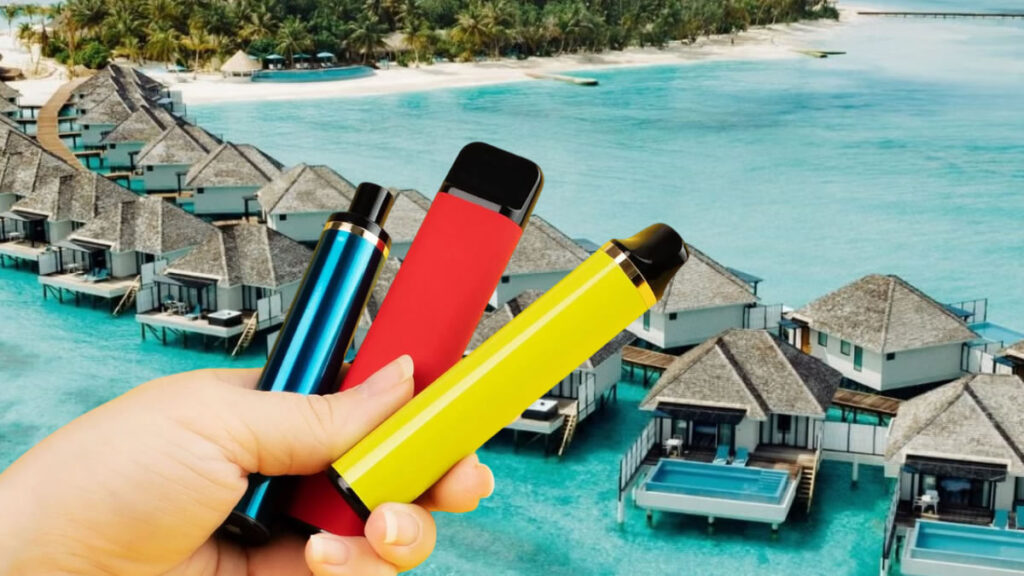The Maldivian government has enforced a nationwide ban on the use and sale of vaping devices, effective December 15, 2022. The move follows amendments to the Tobacco Control Act, signed into law by President Mohamed Muizzu on November 13, which aim to reduce nicotine addiction among the youth and discourage the use of e-cigarettes.
Under the new regulations, the sale, free distribution, and use of e-cigarettes and vaping devices have become illegal. Anyone or any organization importing vaping devices into the Maldives after the ban takes effect will face a fine of 50,000 Maldivian rufiyaa (approximately $3,250).
Experts Laud the Ban as a Positive Step
Ahmed Afaal, managing director of ADK Hospitals and vice-chair of the Tobacco Control Board of the Maldives, praised the ban as a positive move. He emphasized that the new regulation has been enforced due to the combined efforts of various stakeholders and the political will from the top, which has kept the momentum alive.
Judith Mackay, director of the Hong Kong-based Asian Consultancy on Tobacco Control, also commended the Maldivian government's decision, calling it a welcome step forward in public health. She noted that the Maldives is not alone in this move, as some 40 nations and regions have banned e-cigarettes, while 100 more jurisdictions have introduced tough regulations against vaping.
Additional Measures to Discourage Tobacco Use
In addition to the vaping ban, the National Tobacco Control Law has introduced other measures to discourage tobacco use, such as raising the legal age for smoking from 18 to 21 and increasing taxes on other tobacco products.
Adeel Shareef, director of strategy and innovation at ADK Hospitals, expressed hope that these measures will lead to less initiation of nicotine products and illicit drug use among the youth. With a significant portion of the country's population aged between 18 and 35, vaping's appeal is expected to grow in the absence of intervention.
Robust Enforcement and Public Education Crucial
Dicky Budiman, a scholar with Australia's Griffith University and Indonesia's YARSI University, emphasized that the ban reflects a precautionary principle taken to prevent a new wave of nicotine addiction, especially among the young population.
For the policy to succeed, Budiman called for robust enforcement to deter illicit trade, the provision of an accessible smoking cessation program, and public education on the risks associated with vaping.
The Maldives' ban on vaping devices is expected to yield long-term benefits for the nation, particularly for its health system and public health spending. As the country takes a stand against the growing threat of e-cigarettes, it sets an example for other nations to follow in prioritizing the health and well-being of their citizens.
Meet Nick Schager, the co-founder of our vaping website. With a solid foundation of over 10 years in the industry, Nick brings an unparalleled depth of knowledge, having an extensive understanding of more than 1000 vaping products.




